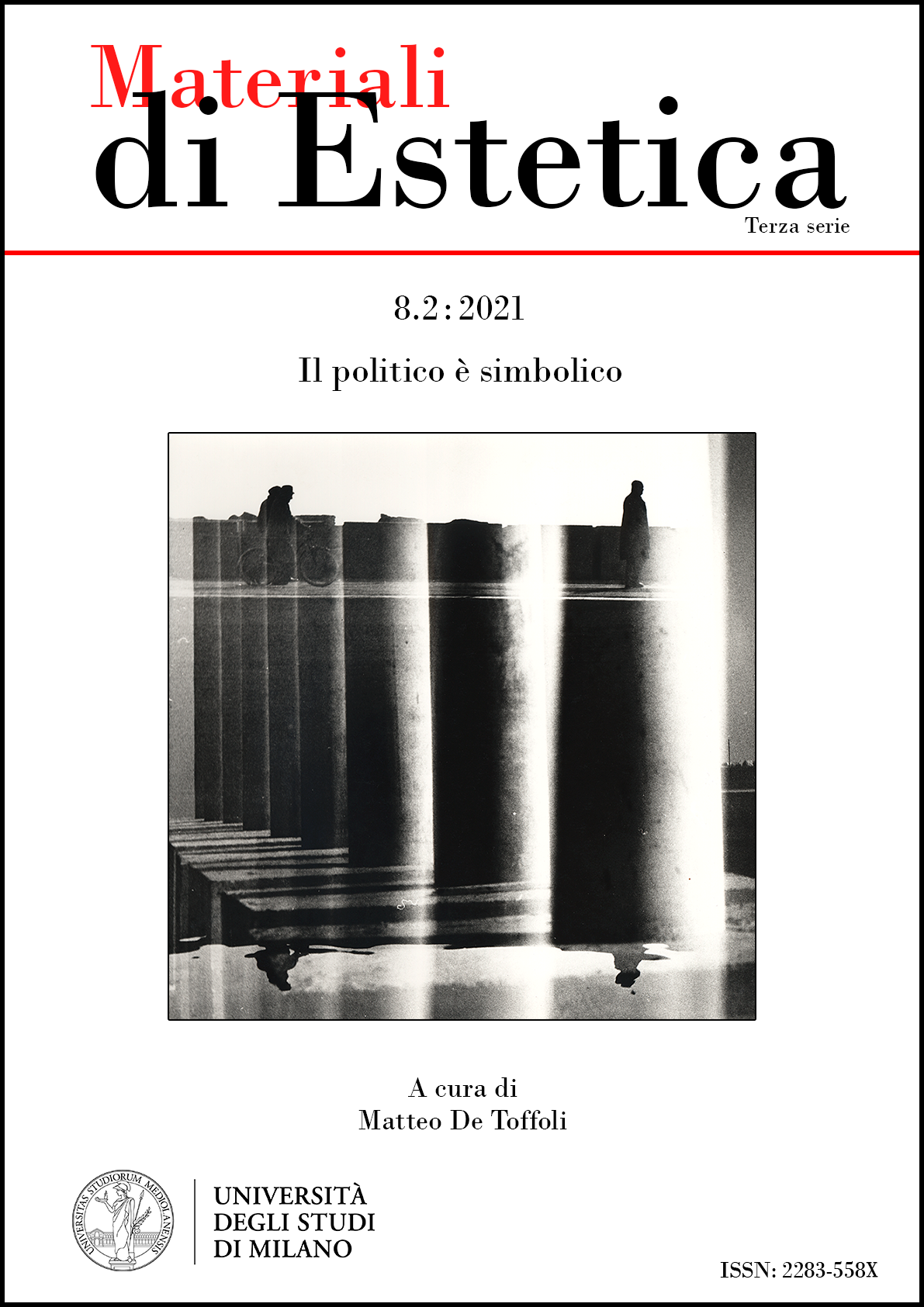Esorcizzare lo spettro
Diritto, religione e potere nella Tosca di Giacomo Puccini
DOI:
https://doi.org/10.54103/mde.i8.2.16984Parole chiave:
Philosophy of Law, Politics and Opera, Giacomo Puccini, Music and PhilosophyAbstract
This paper enquires into the political and juridical themes underlying Giacomo Puccini’s opera Tosca (1900). Through the comparison of Puccini’s score, the libretto by Giacosa and Illica, and the original play by Sardou, I will present a twofold reading of the intertwinement between politics, religion, and law in this musical work. On the one hand, I will show that the police power represented by the character of Scarpia can be interpreted, from a Benjaminian standpoint, as a violent power that shapes the legal and religious order. On the other hand, I will argue that the artistic couple made by Cavaradossi and Tosca is politically significant in so far as their art represents an attempt to deactivate Scarpia’s pervading and oppressive force. The conclusion will contend that the aesthetics in this opera subtends the aspiration for an “inoperative”-wise revolution in religious institutions as well as in legal and political relations.






